3 Surprising Ways Coffee Can Improve Well-being
This guest post was submitted by Vanessa Diaz, author and owner of the instant well-being boost blog! If you'd like to contribute an article, get in touch with Beth and pitch your ideas to beth@baristaandco.com.
Have you ever taken a minute to consider the whole experience of drinking coffee? You would be surprised. When you drink coffee, each of your senses can be fully engaged.

Being Mindful of Your Coffee Experience
Let’s try something new. You will benefit from an instant well-being boost with this simple exercise. More so if you are a coffee lover like me.
Allow your imagination to take the front seat for a few seconds. Recall a past experience. See yourself in your kitchen, next to your coffee machine. Now visualise each following sentence as mindfully as you can:
- The sound of your coffee maker plays within your eardrums, teasing your other senses beforehand
- Your eyes find delight when they finally see a cup right in front of you
- Your nose inebriates you with the intense and magical smell of coffee
- Your hands feel the warmth of your cup
- Your taste buds hijack you to a different mental state, once coffee goes beyond your lips

Did you notice it now?
How Coffee Impacts Well-Being
If you immerse yourself in it, we may say that drinking coffee is a premium human experience. All you need is to be mindful and pay close attention to how each of your senses is invited to play.
Mindfulness is the ability to remain in the present moment without judgment. Practising it while having a cup of coffee can have an instant impact on your well-being.
Being present with your cup of coffee can help you reduce emotional reactivity, increase subjective well-being, and promote self-regulation.
Is coffee good for health and well-being though? Yes! There are many positive ways coffee can impact your health and well-being. However, there is important information to have in mind. The impact of coffee on health and well-being varies a great deal among different people. Why?
Individual and Biological Differences
Our genetics and gut play a role in how coffee affects us. Coffee contains more than a thousand bioactive compounds.

Some people are more sensitive to these bioactive compounds than others. As a result, the way coffee impacts Jane may be much different from the way it impacts Joe.
Coffee Quality
The goodness we get from a cup of coffee also depends on the type of bean, degree of roasting, coffee grind and brew type. We also know that a moderate amount of caffeine can make us more alert, focused, and energetic.
However, high caffeine can lead us anxiety, insomnia, and increased heart rate. What is a moderate amount then?
How Much Coffee is Good for Well-Being
Health experts seem to agree that up until 400mg of caffeine per day is a moderate and recommended amount. In practical terms, this represents about four cups of brewed coffee a day.
This value is, of course, based on the impact of coffee on the average person. If you are more sensitive, you need to find out what works best for you.
To find out how coffee impacts your well-being, you need to monitor your overall reactions. Notice how it affects you mentally, emotionally, and physically.
For some people, one cup is enough, while for others three to four cups are their optimal limit. Finding your daily limit will allow you to make the most out of the benefits of coffee.
What coffee benefits are there for well-being? Here are three little-known benefits of coffee for human well-being:
Coffee Contains Important Nutrients
Coffee is a source of vitamins B2 and B5. It also contains potassium, magnesium, and manganese. These nutrients allow and help your body to peak perform and remain healthy.
B-complex vitamins play an important role in DNA production and neurological function. Vitamin B2 is also known as niacin. It helps red blood cell production and facilitates the release of energy from proteins. Vitamin B5 also aids metabolism. It plays an important role in the production of sex and stress hormones.
Potassium secures cell function and helps to synthesise proteins and metabolise carbohydrates. Its essential role is to keep a good amount of fluids inside our cells.
Magnesium is equally important when it comes to cell function. It also aids the regulation of blood sugar, blood pressure, and mood. Magnesium is a crucial mineral when it comes to the nervous health system.
Manganese is involved in metabolism too. It helps the body process proteins, carbohydrates, and cholesterol. Manganese is an ally in the protection of cells against free radicals. It also aids in maintaining our body’s energy level.
Coffee Helps Fighting Depression
According to the World Health Organization (WHO), depression affects 3.8% of the world’s population. By 2030, it may become a major cause of morbidity and mortality.
When going through depression, people tend to feel sluggish and unfocused. The energy and interest to perform daily activities are also drastically reduced.
According to research, moderate coffee intake may prevent symptoms of depression. People diagnosed with depression are thought to benefit from coffee’s bioactive compounds. These would allow them to be more alert and energetic.
Once again, it is important to emphasise the role of dosage. Surpassing 400mg per day can aggravate symptoms.
Coffee can Help With Metabolic Syndrome
Metabolic Syndrome affects a quarter of the world’s population. It combines different medical conditions. Including dyslipidemia, elevated blood pressure, insulin resistance, and excess body weight.

Coffee contains polyphenols, a plant compound rich in antioxidant properties. These compounds help prevent oxidative stress. This in turn lowers inflammation risk and promotes healthier metabolic functioning.
In 2018, it was shown that coffee polyphenols may reverse metabolic risk factors. These risk factors include obesity, diabetes, and hypertension.
Final Thoughts
From biological differences to the quality of coffee beans, several factors dictate how many benefits a cup of coffee brings us.
To increase well-being through your coffee experience, it is key to find your daily limit and avoid exceeding it. Too much or too little of anything can hurt our health and well-being. The same goes for coffee.
Being more mindful of your first cup of coffee each day can also boost your subjective well-being. It can be a good way to add some peacefulness and pleasure to your morning routine. Remember to give it a try next time you have a cup of coffee.




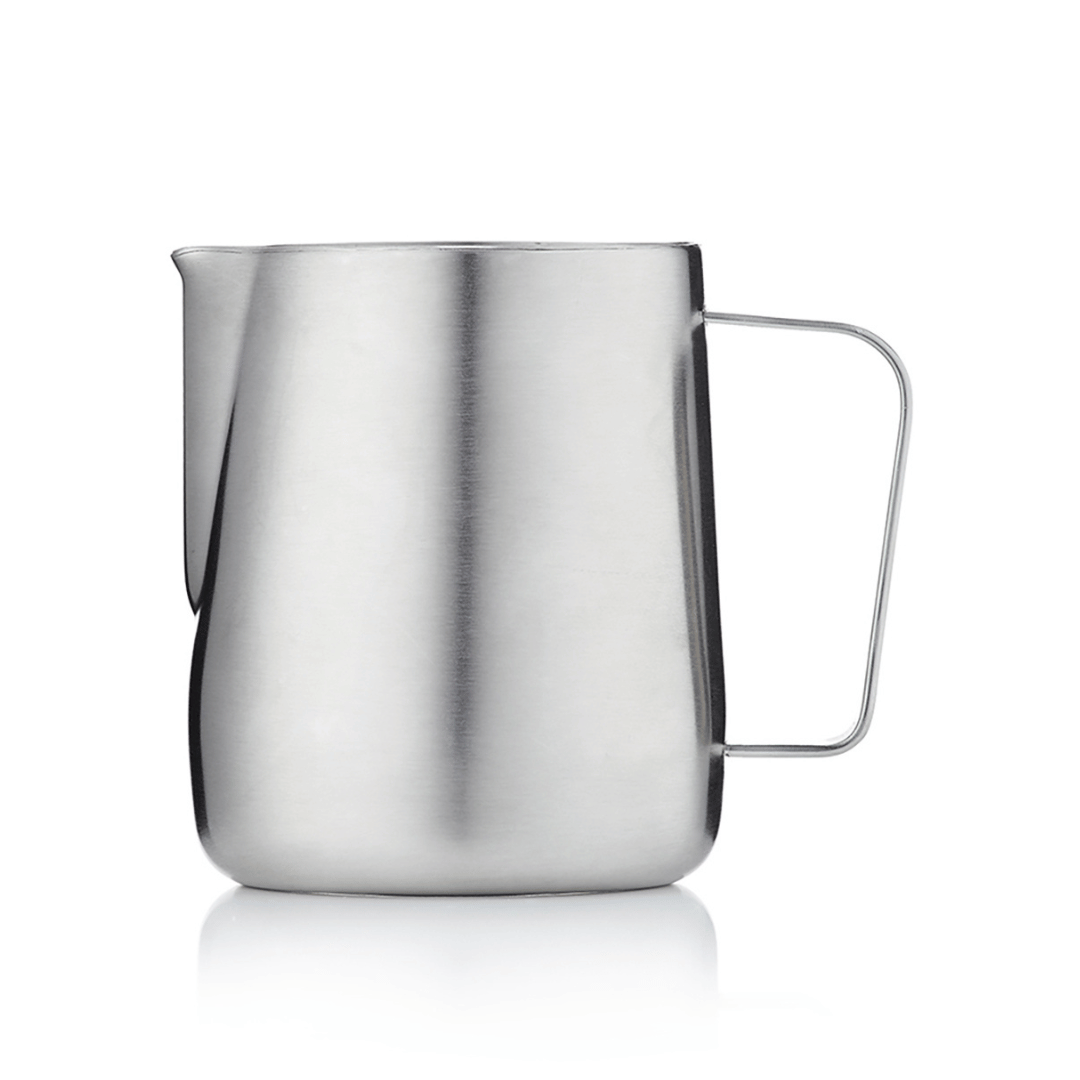
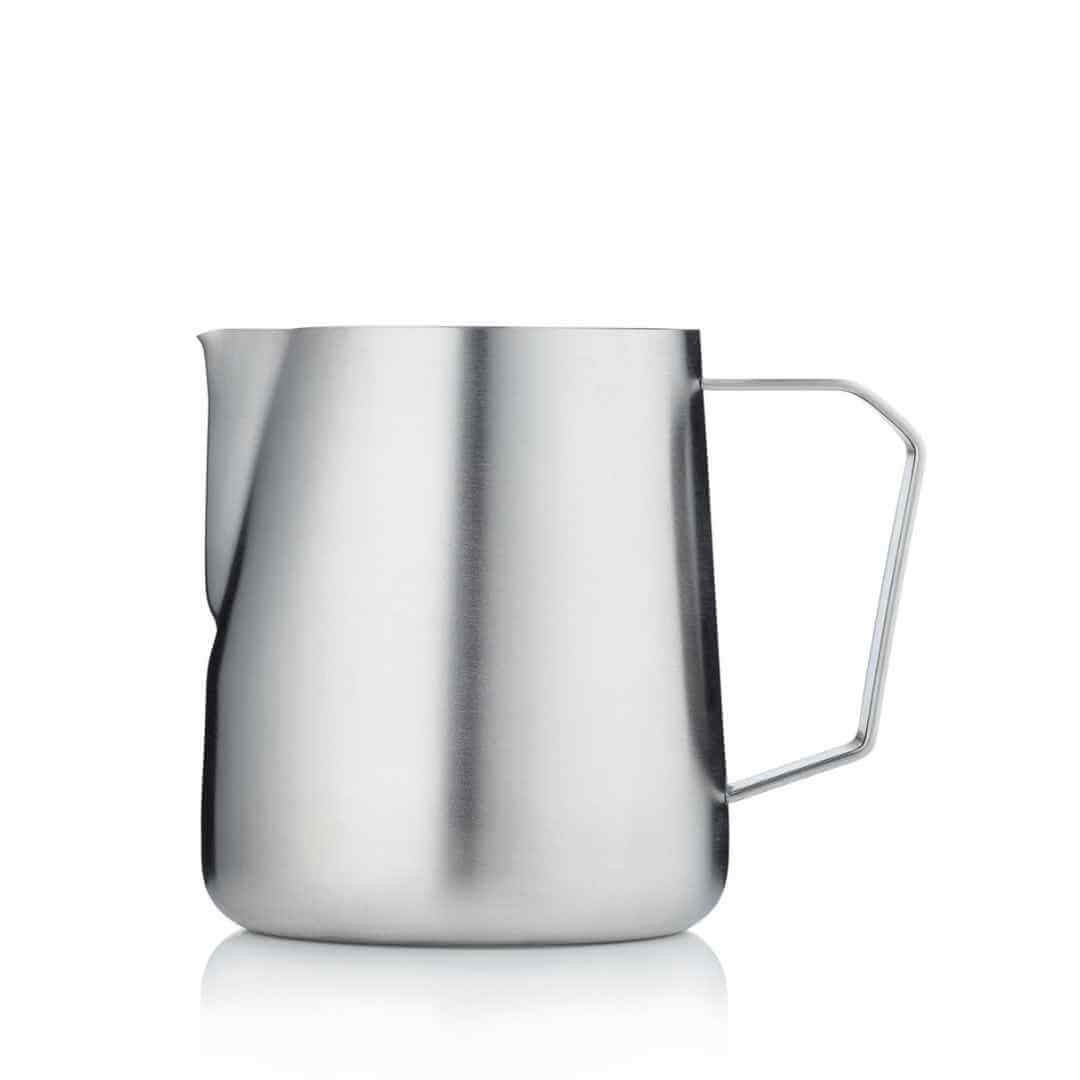

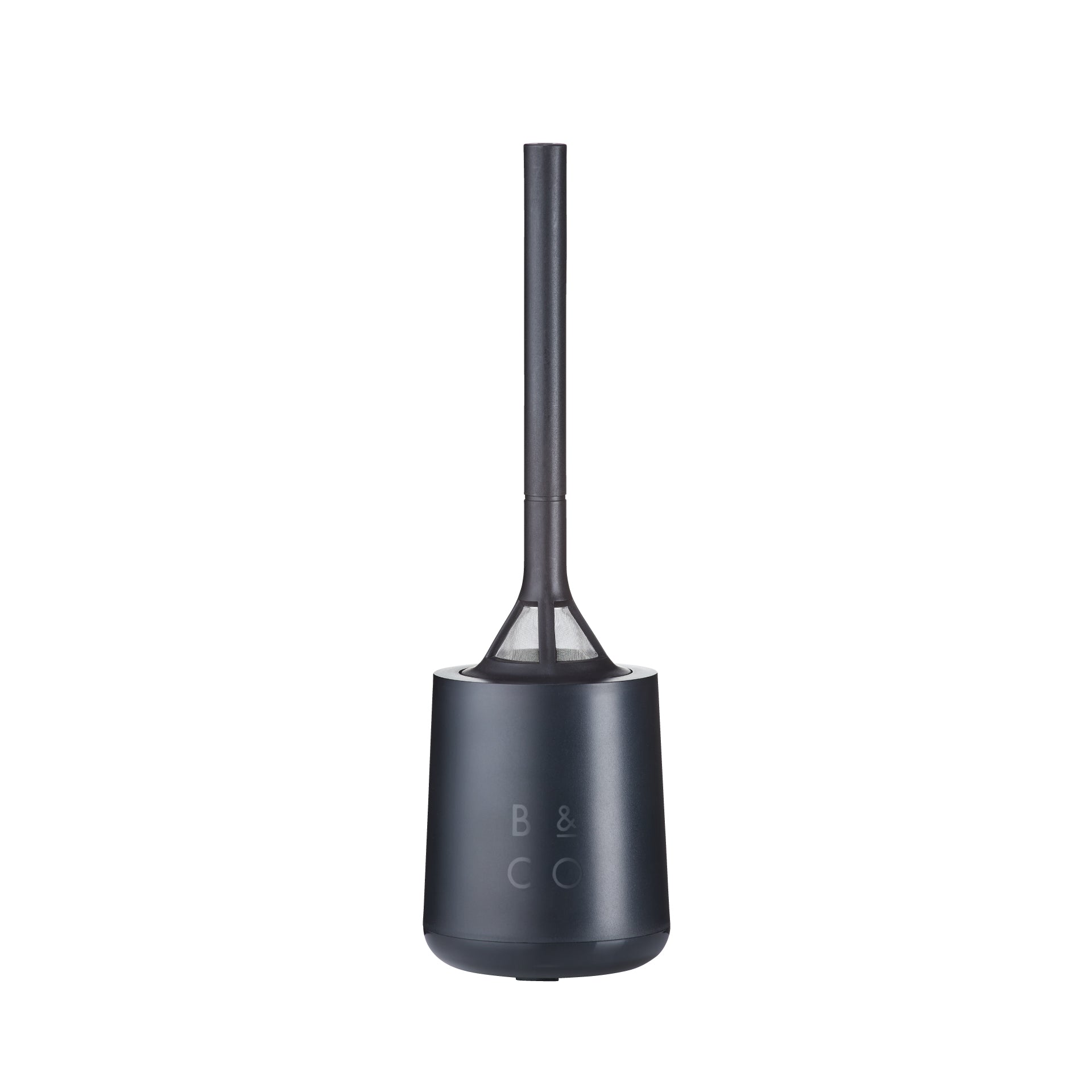
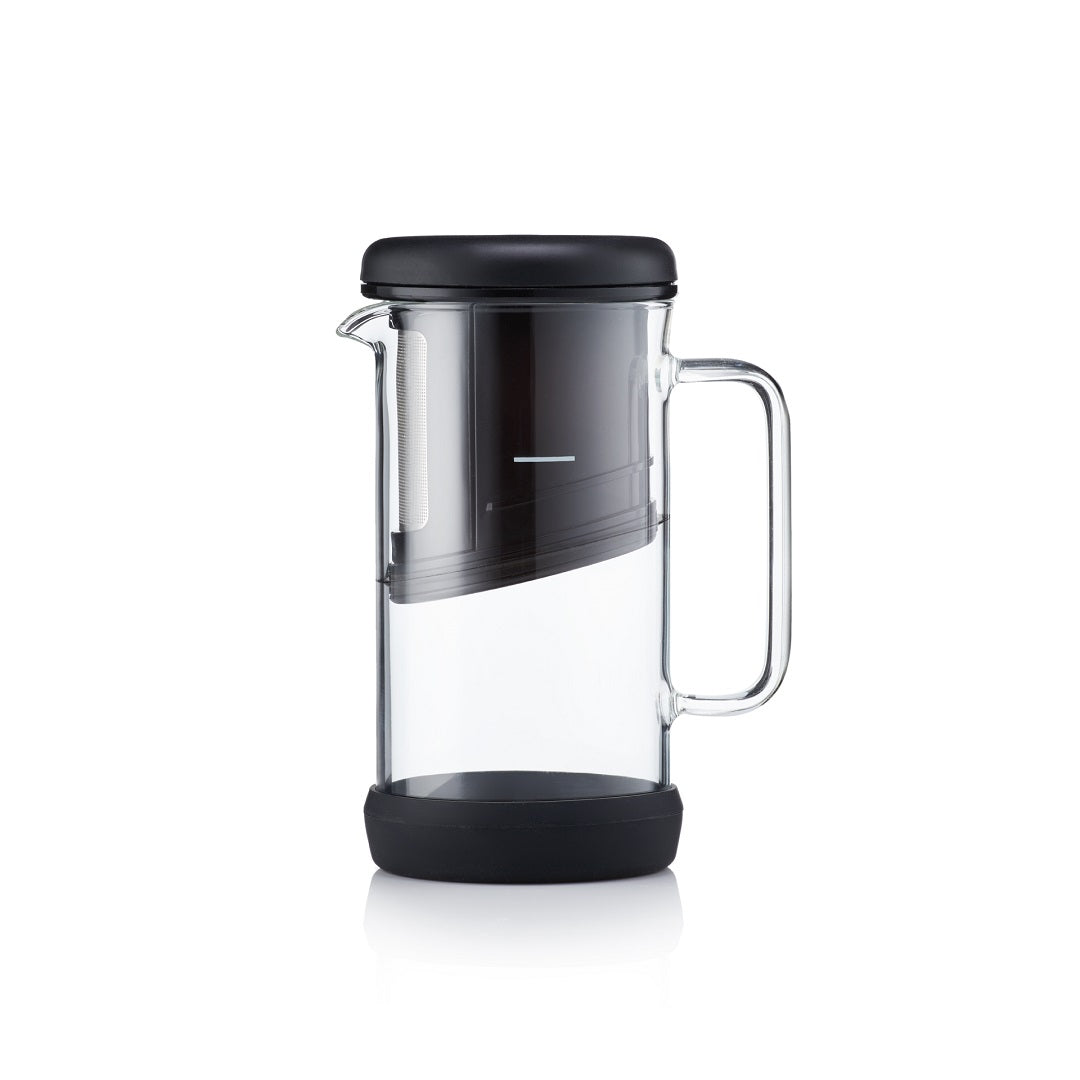
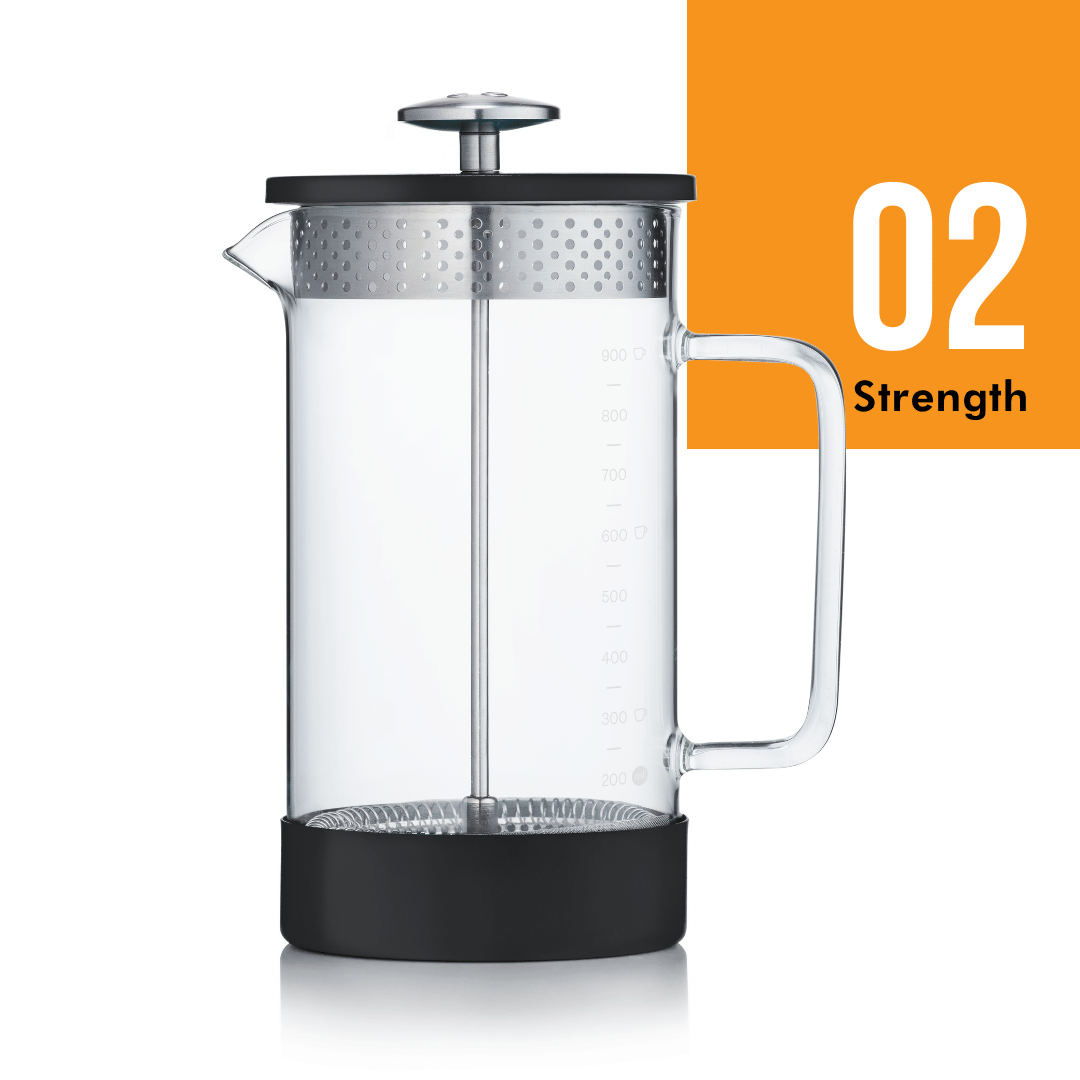
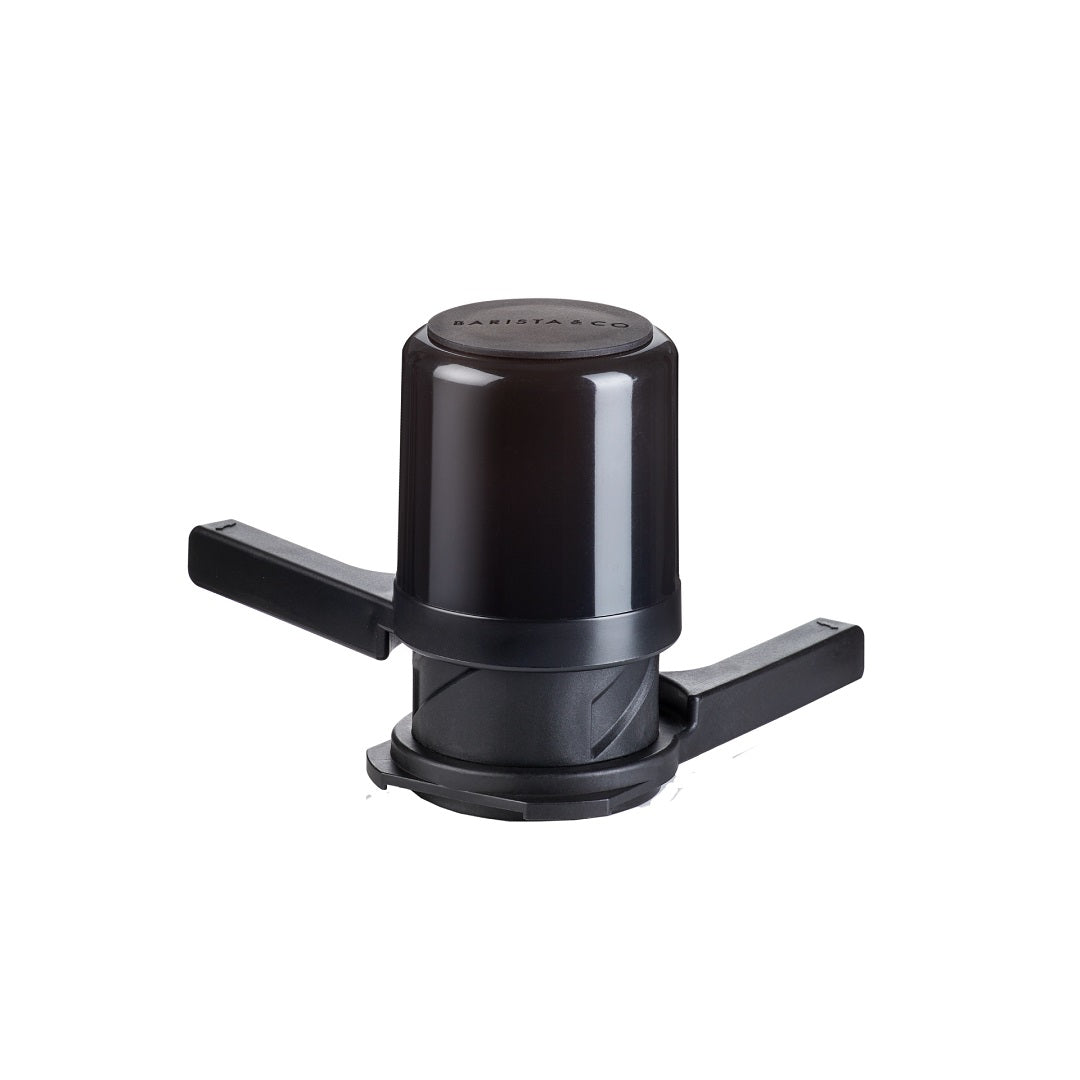


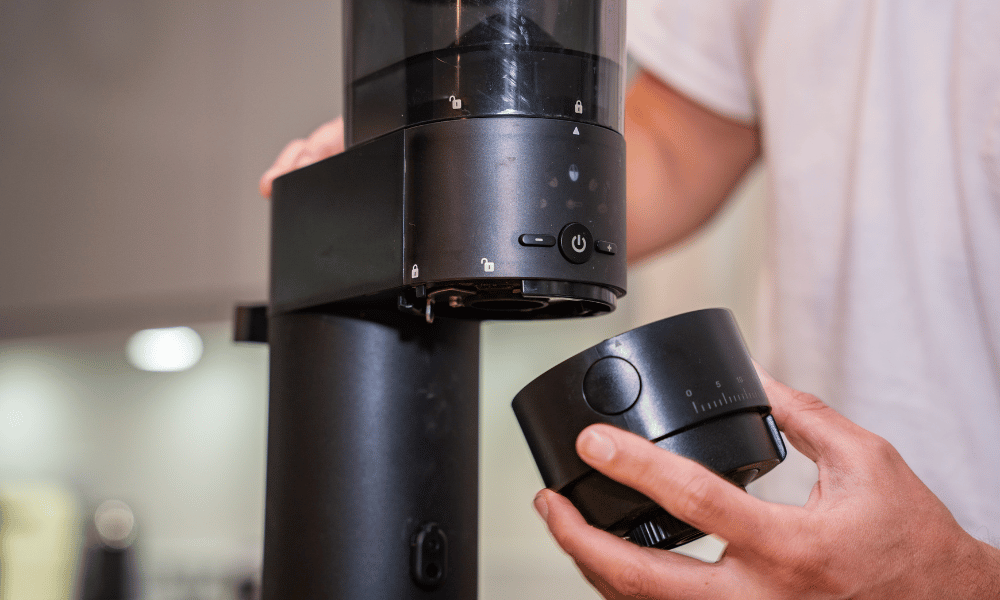



Leave a comment